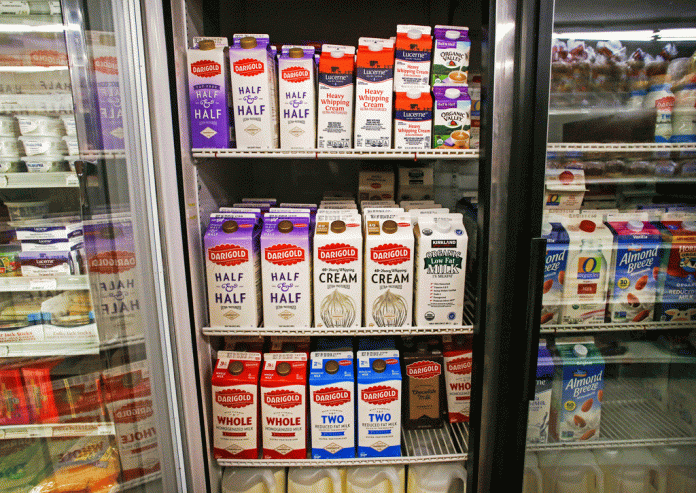
A new study published in the Journal of Dairy Science says a change in breakfast routine may offer benefits to manage type 2 diabetes.
According to Canadian college professor H. Douglas Goff and his colleagues, the study confirms the importance of milk at breakfast time to aid in the slower digestion of carbohydrate and to help maintain lower blood sugar levels. Nutritionists have always stressed the importance of a healthy breakfast, and this study should encourage consumers to include milk, they said.
The study was conducted by Goff and a team of scientists from the University of Guelph’s Human Nutraceutical Research Unit, in collaboration with the University of Toronto.
They examined effects of consuming high-protein milk at breakfast on blood glucose levels and satiety after breakfast and after a second meal. They found that milk consumed with breakfast cereal reduced the after-meal blood glucose concentration compared with normal diary protein concentration. The high protein treatment also reduced appetite after the second meal compared with the low-protein equivalent, they said.
In their randomized, controlled, double-blinded study, the team looked at effects of increasing protein concentration and increasing the proportion of whey protein in milk consumed with a high carbohydrate breakfast cereal on blood glucose, feelings of satiety and food consumption later in the day. Digestion of the whey and casein proteins naturally present in milk releases gastric hormones that slow digestion, increasing feelings of fullness. Digestion of whey proteins achieves this effect more quickly, while casein proteins provide a longer lasting effect, they said.
The team only found modest differences in food consumption at the lunch meal when increasing whey protein at breakfast, but they also found that milk consumed with a high carbohydrate breakfast reduced blood glucose even after lunch, and high-protein milk had a greater effect. Milk with an increased proportion of whey protein had a modest effect on pre-lunch blood glucose, achieving a greater decrease than that provided by regular milk, they said.
The study is available online at https://doi.org/10.3168/jds.2018-14419













